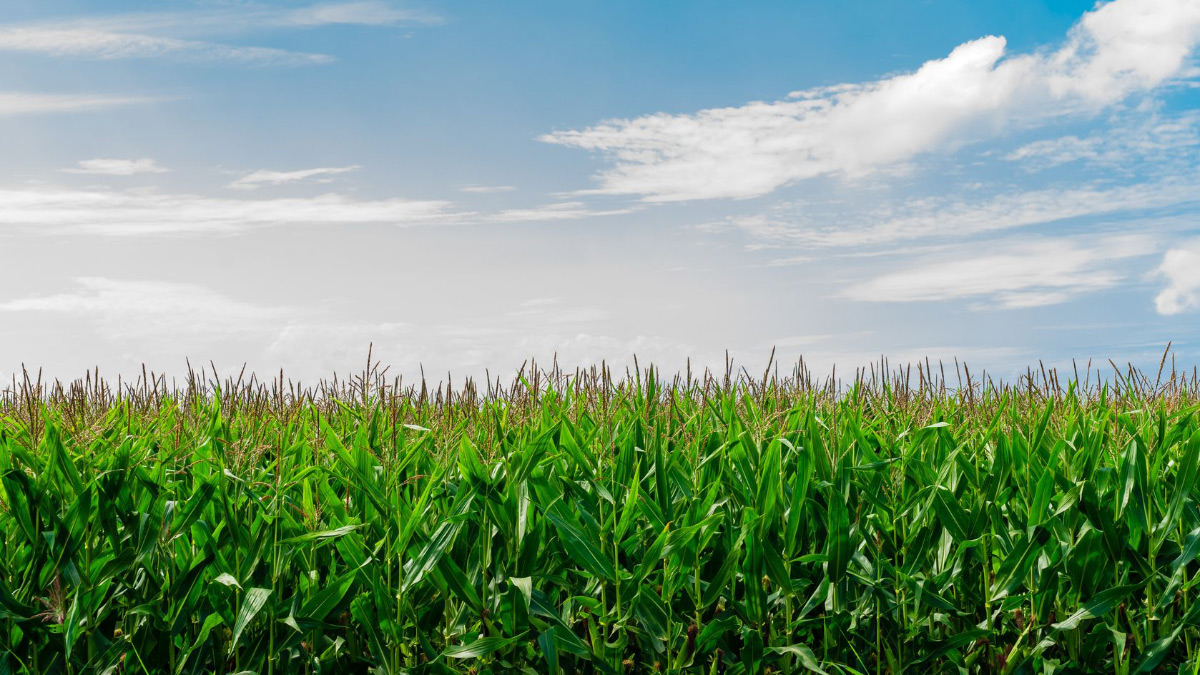So far, a trip this summer has taken us on a drive through Missouri, Iowa, and South Dakota. The scenery has been mesmerizing: we’ve seen mile after mile after mile of aluminum, steel, cars, and consumer electronics growing in fields stretching as far as we can see.
If you’ve driven much in this part of the country you might wonder if I’m hallucinating from sleep deprivation or perhaps wondering if we drove through Colorado first. It’s not a hallucination. It’s an economics lesson made popular by David Friedman and Steven Landsburg, who both pointed out that trade is essentially a technology. And it’s one of my favorites.
There are, as Friedman and Landsburg put it, two ways for Americans to make cars. We can make them ourselves, or we can specialize and trade for them. The same lesson applies to steel and aluminum. We can make it ourselves, or we can specialize in something and then trade for it.
Obviously, the miles and miles of Iowa and South Dakota fields weren’t growing aluminum and steel. They were growing corn and other grains which could then be traded for steel, aluminum, and other goods. By specializing in corn and buying from others, farmers are able to get more corn and more of everything else for their efforts.
The details of international trade are more complex, but the basic logic is the same. The opportunity to buy steel and aluminum from lower-cost foreign producers means our labor bears more (figurative) fruit. Few Americans farm any longer, but Americans specialize in all sorts of industries where we sell to the same foreigners who are selling us cheap steel and aluminum. Higher education, entertainment, and tourism are just three examples. Walk around any campus and look at the number of foreign students. Or go to an amusement park like Disney World or Disney Land. Or look at the most popular movies in the world. If foreigners want to go to college in the US, vacation at Disney World, or buy American movies, music, and books, they need US dollars. They get those dollars by selling us steel, aluminum, and other goods.
Imagine, for example, that someone invented an amazing new machine. Imagine something out of a Doctor Seuss book: You pour corn into one end of the machine and steel and aluminum come out the other end. It seems miraculous, and it would be incredible if there were actually a chemical change taking place that turned corn into steel.
But, as David Friedman points out, the rest of the world is like that machine. We pour corn and Star Wars movies into the global economy, and the rest of the world gives us steel, aluminum, and all the other things we might want. It’s not really different from having a magic corn-into-steel machine.
President Trump says, “we’d save a hell of a lot of money” without trade. We might save dollar bills, but those dollar bills wouldn’t buy nearly as much. It’s not the kind of saving any of us should want.
Driving through the heartland was a vivid reminder of one of my favorite examples of clear and careful economic reasoning. As David Friedman and Steven Landsburg explained, we can get more and better cars at lower prices by “growing” them in Iowa or South Dakota—or on the set of a Hollywood Studio.
Another of my favorite economists, Bryan Caplan, explains in this video.









